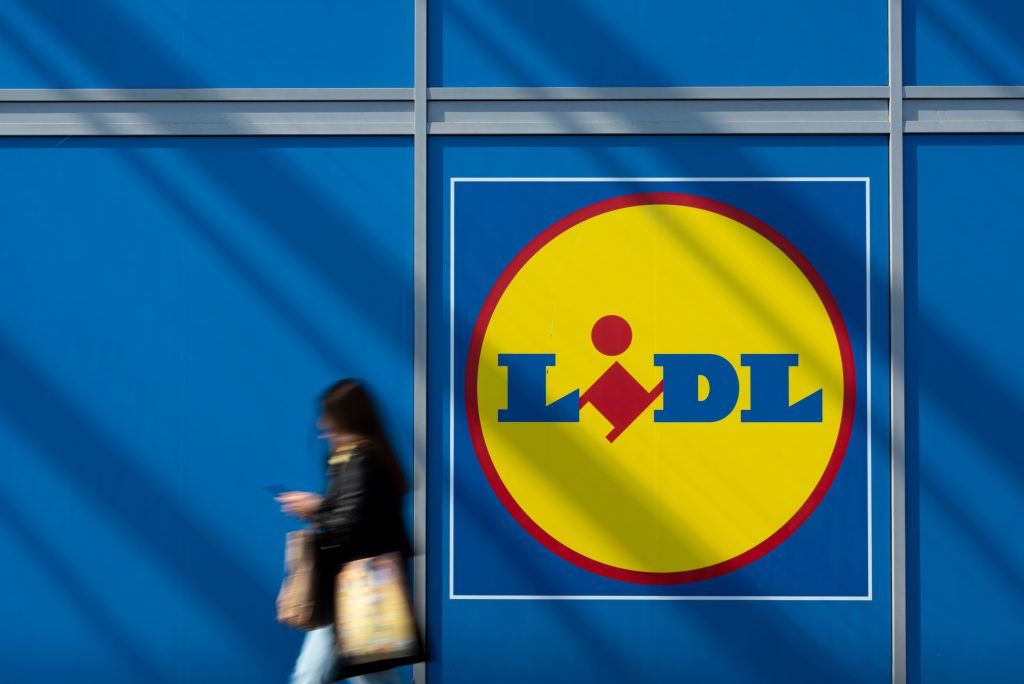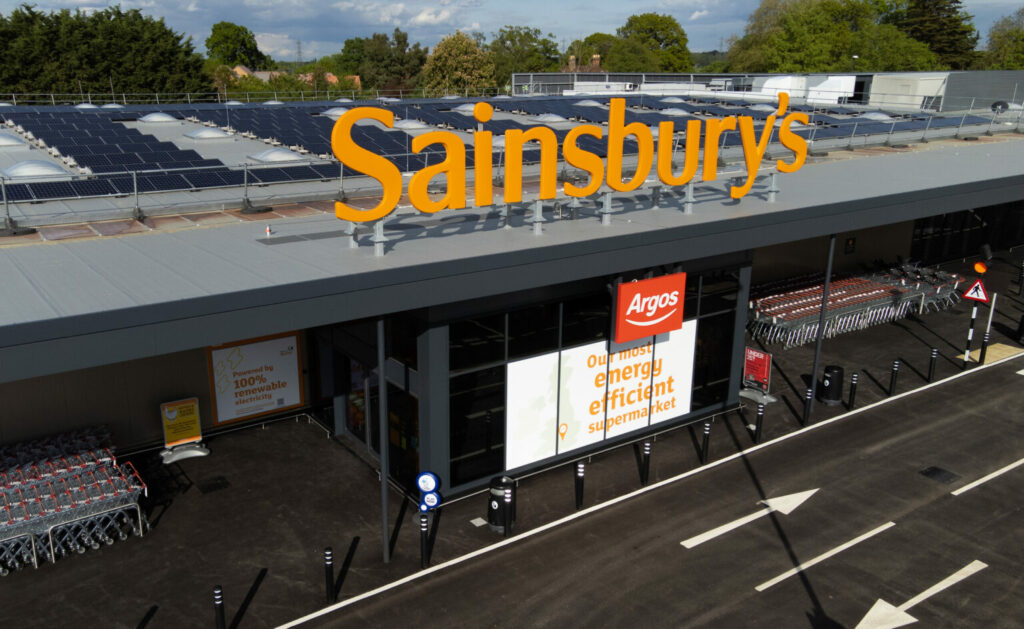// Lidl has overtaken The Co-op to become the UK’s sixth largest supermarket group by market share for the first time
// Lidl’s market share grew to 6.1% over the 12 weeks to 20 February, compared to The Co-op’s 5.7% share, according to Kantar Worldpanel, as shoppers flocked to the discounters in the face of rising inflation
Lidl has overtaken The Co-op to become the UK’s sixth largest supermarket group as rising inflation sees shoppers flock to the discounters.
In the latest Kantar Worldpanel market share data for the 12 weeks to 20 February 2022, Lidl grew sales by 3.3% and added 1 million new customers, making it the joint-fastest growing grocer alongside Aldi.
The surge in new customers helped Lidl overtake The Co-op’s market share for the first time, with 6.1% share compared to The Co-op’s 5.7%.
The discounter also topped the The Co-op’s share on a 52-week basis. Over the past year, Lidl’s share has grown from 5.9% to 6.2% while The Co-op’s has fallen from 6.6% to 6.2.%.
New Lidl Great Britain chief executive Ryan McDonnell said: “We are extremely proud that more customers are choosing to shop at Lidl. But it’s also not a surprise, because it has always been our firm belief that no one should have to pay a premium for good food.
“This belief is at the core of everything we do, whether that’s keeping prices low or making our offer as accessible as possible through the opening of new stores. And it’s clear that shoppers still want and value that in-store experience, despite the impact the pandemic has had on shopping habits. So that’s exactly what we will continue to give them.
“As households navigate the increasing cost of living, it is our absolute promise that we will continue to offer them the best value in the market.”
Across the wider grocery market, sales fell 3.7% over the 12-week period. Meanwhile, online sales continued to fall, down 20% year on year, as coronavirus restrictions came to an end.
Kantar head of retail and consumer insight Fraser McKevitt said that 835,000 fewer people shopped for groceries online during the month of February compared with January.
READ MORE: How much more will your shopping cost in 2022?
Inflation bites
The flight to the discounters comes as food inflation hit 4.3% over the 12-week period. Aldi, which also increased its sales by 3.3%, attracted an additional 1.3 million customers compared with 2021.
McKevitt said that the rate of the inflation was the fastest it had recorded since September 2013, apart from a brief period at the start of the pandemic when the grocers cut promotional deals to maintain availability.
He warned that price rises were set to continue. “Ongoing supply chain pressures and the potential impact of the conflict in Ukraine are set to continue pushing up prices paid by consumers.
“In terms of understanding how shoppers are responding, it’s a complex picture for the market this month. Households spent on average £26.07 less at supermarkets in February and own-label sales did better than brands for the first time in three months.”
Click here to sign up to Retail Gazette‘s free daily email newsletter

















